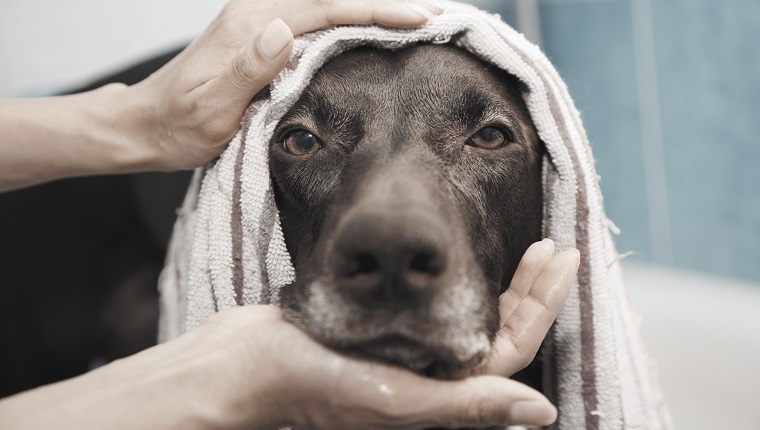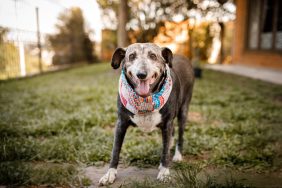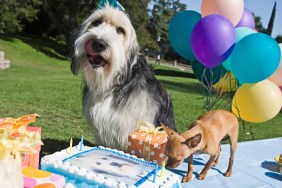
There was a problem loading this page. Please ensure JavaScript is enabled on your browser and any ad blockers are disabled.

Gold Souls, Gray Faces: 7 Tips For Giving Your Senior Dog A Bath
Gold Souls, Gray Faces is a series for senior dog lovers that provides tips and advice for care of older pups. Bath time is important for dogs of any age, but it can be trickier for senior dogs who deal with arthritis, skin conditions, blindness, and more.
Usually, dogs should only be bathed as needed, and while seniors are no exception…
Related

Senior dogs are often overlooked in shelters as people tend to gravitate toward younger, more energetic pups. However, adopting a…

Take Your Dog To Work Day is our favorite time of year to show off our sweet fur babies to…

Business goes to the dogs on the Friday after Father's Day each year as workplaces across the country celebrate Take…

National Dog Party Day is celebrated on June 21st, and it's a fun holiday for dogs to let loose and…



